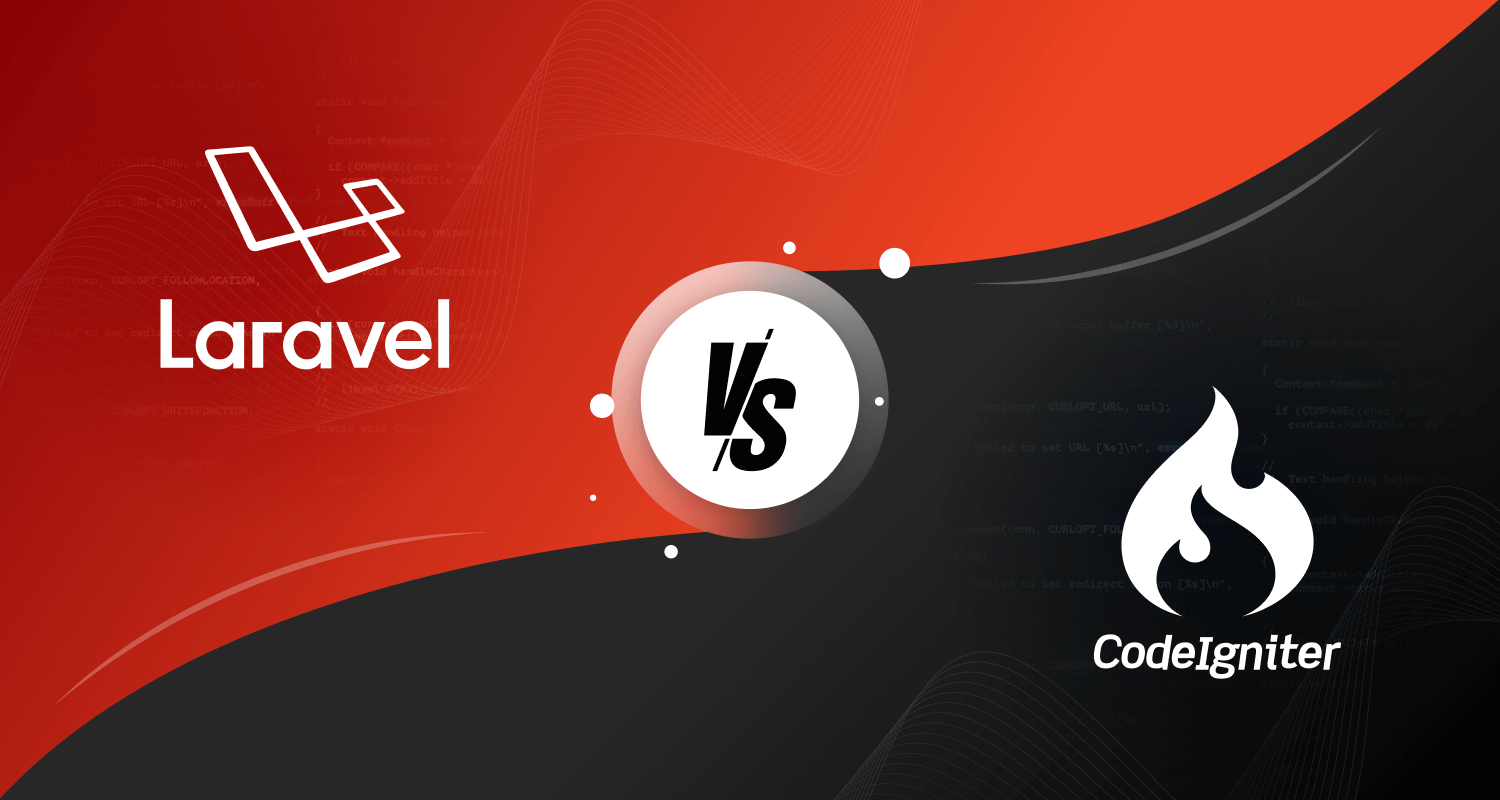Services
Digital Product Development
Identity Development
Media Streaming
Search Engine Optimization
Web Hosting
Solutions
Osimart
Osina
Osichat
Osimenu
Osinews
Osicard
Hosting Plans & Pricing
Shared Hosting
Managed Cloud VPS Hosting
Dedicated Servers
Laravel vs CodeIgniter - Which is Better PHP Framework for Development
August 08, 2023

Web Development
Laravel
CodeIgniter
Leave A Comment
LEARN HOW WE CAN
ACCELERATE YOUR BUSINESS
REACH US
Lebanon, Jounieh, Haret Sakher Highway,
Dwayhei Building.
+961 9 918 718/9
+961 71 918718
info@ositcom.com

© 2025 All Rights Reserved
